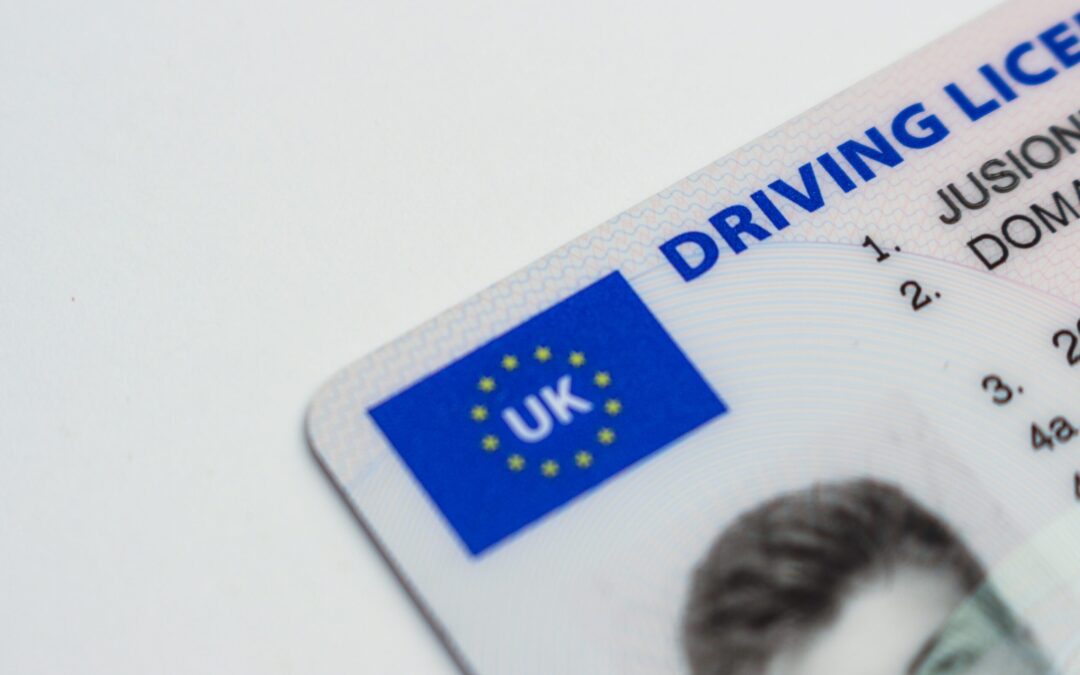In companies with a fleet of vehicles or in industries where business trips are the order of the day, employers regularly check their employees' driver's licenses. Here you can find out how these checks can be carried out in line with data protection requirements and when they are necessary at all.
When must the driver's license be checked?
In some professions, the possession of a valid driver's license is already a requirement in the job advertisement. However, this does not justify the necessity of (regular) checks. The employer does not have a blanket right to check the driver's license.
Rather, the company control of the driver's license is only permissible if the employer could be liable to prosecution. This is primarily the case when employees use vehicles whose owner is clearly the employer. If the owner of a vehicle allows it to be driven by a person who does not have a valid driver's license, he or she is liable to prosecution under Section 21 of the German Road Traffic Act (StVG). Negligence is sufficient for this. This is the case, for example, if the employer has not checked the validity of the driver's license at regular intervals, but only during the job interview, and the employee later drives a vehicle belonging to the employer without a valid driver's license. It is irrelevant whether the vehicle is a company car or whether the employee uses a vehicle pool as part of his or her job.
In addition, insurance law problems can arise for the employer if employees drive employer vehicles without a valid driver's license. In such cases, the liability insurance could refuse to cover the damage.
How may the driver's license be checked?
The legal basis for the control thus results from § 21 StVG. The employer has the right to take appropriate measures to protect against violations and damage. Regular checks of employees' driver's licenses are a good way of doing this. However, these contain personal data, so the method of control must be carried out in accordance with data protection.
The length of the inspection intervals in detail is not legally prescribed, but the individual inspections must be documented in order to be able to prove them in the event of an incident. This does not yet oblige the employer to provide a copy of the driver's license, although this may be an expedient means within the meaning of Section 26 BDSG.
Control with standard form
If you, as an employer, want to keep the amount of recorded data to a minimum, one form is sufficient to document the check. It is sufficient if the validity of the driver's license is confirmed with this form. This form can then be used again and again as a standard template.
Electronic control
In larger companies, it may also be advisable to support the control of driver's licenses electronically. There are various systems for this purpose that remind users of the inspection intervals and save the relevant documentation. Here, too, the data protection aspects already mentioned must be taken into account.
Conclusion
Under certain conditions, regular checks of the validity of employees' driver's licenses are necessary. The size of the inspection intervals is not prescribed. The individual checks must be documented. Data-saving options are available for this purpose, which is why copies of the driver's licenses are not mandatory.
Do you have concerns about data protection in your company? Get expert advice from our experts!
